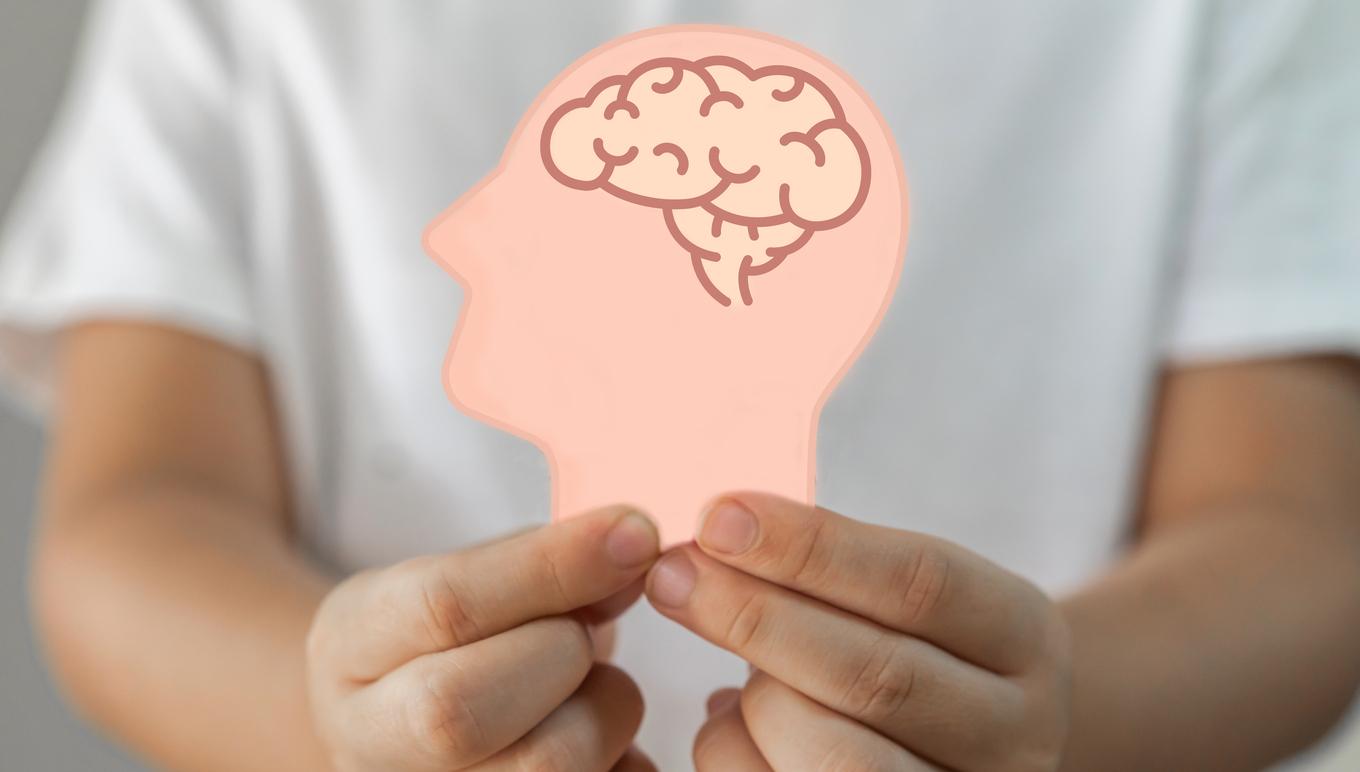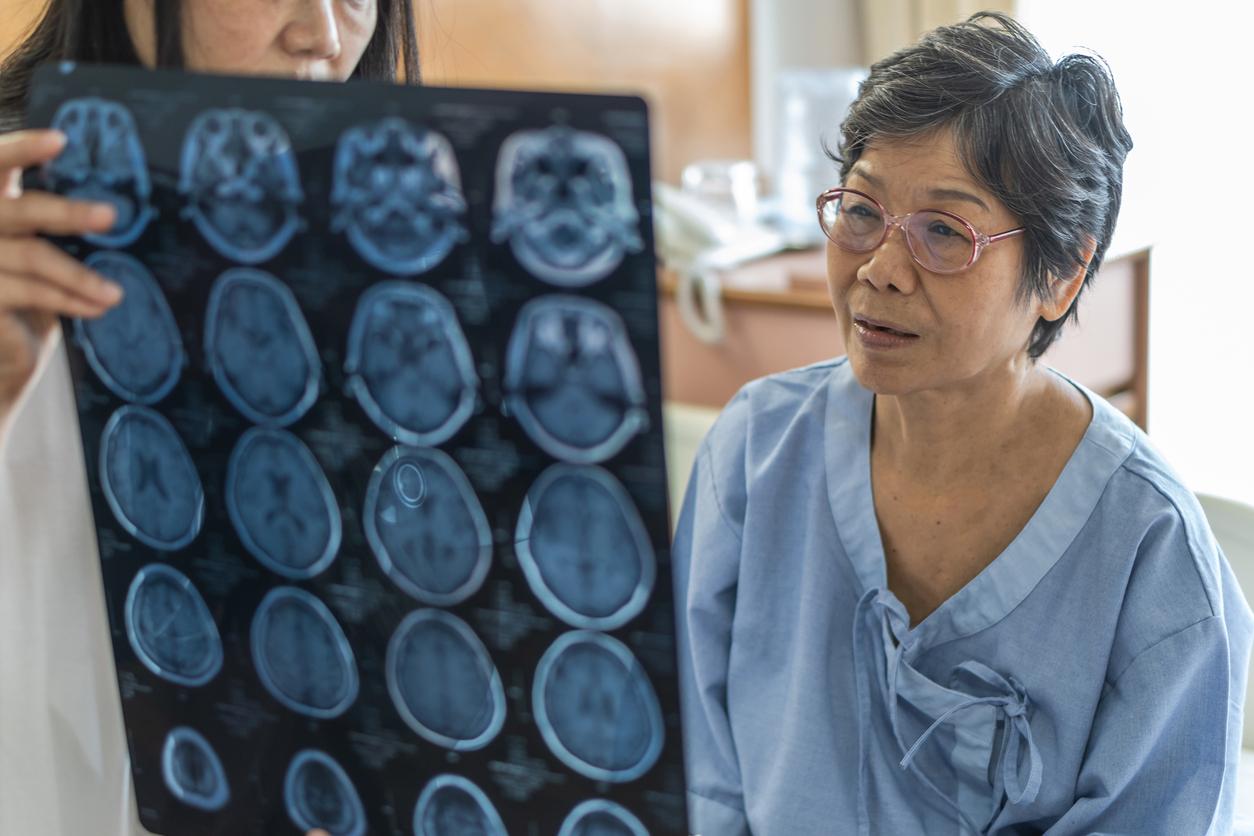The American Food and drug administration (FDA) has just approved the use on the American market of an application which uses artificial intelligence to determine in an early way if one suffers from cognitive disorders.
Developed by the company Cognetivity neurosciences, this test called Cognica is initially intended for general practitioners who will be able to detect early on whether some of their elderly patients who complain of memory problems are at risk of cognitive disorders, such as AD. Alzheimer’s.
How it works ?
This Integrated Cognitive Assessment (ICA) test is based on humans’ strong response to animal stimuli and the ability of a healthy brain to process animal images in less than 200 milliseconds. On the screen of the tablet, a hundred images are displayed for a fraction of a second and the person taking the test must press a key to classify them as “animal” or “non-animal”. “The human brain is very sensitive to images of animals. There is a good reason for this: ancient humans had to either run away from them or hunt them down for food” explain the designers.
Tests have shown that people with mild cognitive impairment show a significant decrease in the speed and accuracy of responses compared to healthy controls. “During the tests, the participants were subjected to an MRI and the images showed that this image recognition work engages brain areas that are anatomically identified as being among the first affected areas in the pre-symptomatic stages of the disease. Alzheimer’s,” the researchers add.
The test will also allow doctors to better follow the cognitive changes of their patients over time, especially since the scrolling of the images is random and it will not be possible to learn them “by heart” in the hope of perform better on tests.
A digital test using artificial intelligence to detect early-stage dementia has just been approved by @US_FDA.
The test, Cognica by @Cognetivity, takes just 5 minutes and avoids cultural or educational bias.
Find out more: https://t.co/OW47KvHfSDpic.twitter.com/rF4SftO7BH
— Dementias Platform UK (@DementiasUK) October 26, 2021
Read also :
- Alzheimer’s: detecting the disease with a drop of blood is possible
- Will the ophthalmologist screen for Alzheimer’s disease?


















